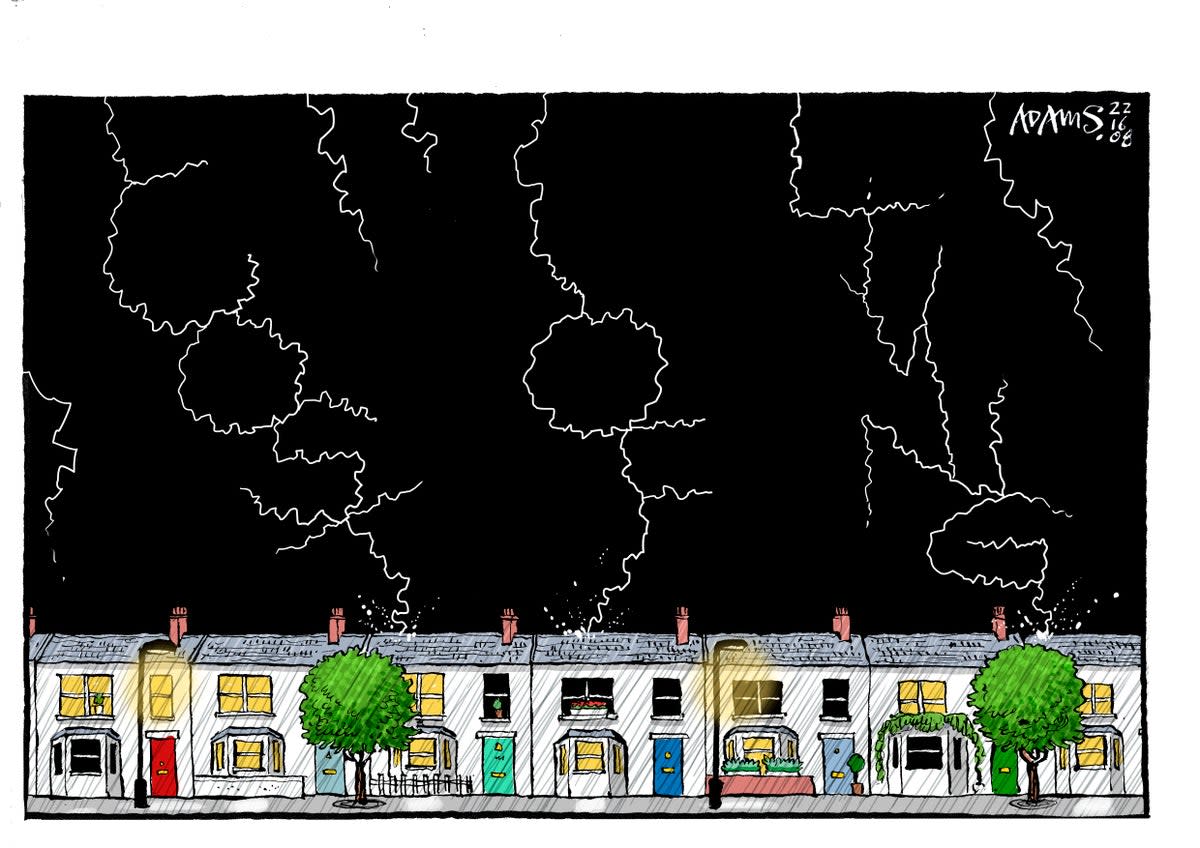OPINION - London can’t afford soaring Tube fares pegged to inflation

THERE are only so many ways the Government can intervene directly to address the increase in the cost of living, but one of them is crucial for anyone living or working in London. It is the price of travel. The settlement for annual fares increases is normally based on the July inflation figures, the RPI, plus, in the past two years, one per cent. But given that last month’s inflation was nudging 12 per cent, this would result in unaffordable fares. The Transport Secretary has already indicated he will make sure national rail fares go up by less than inflation. But what about TfL fares? It would be grossly unfair if Londoners were asked to pay an increase amounting to the rate of inflation or even more.
Mayor Sadiq Khan has said he would fight any attempt by the Government to impose inflation-matching increases in fares as part of a long term funding deal for London transport. That deal has still not been settled, and it should have been. But the Government shouldn’t need the Mayor to point out the obvious truth that Londoners must not be priced out of travelling to work. But that is precisely what an inflation-matching, or exceeding, price hike would be — who could afford to pay 11, 12 or 13 per cent more to travel by bus and Tube next year? Yet in March, TfL fare increases were a full percentage point higher than the national increase. This cannot be repeated, particularly given the difficulties employers still have in persuading people to return to their places of work.
Any increase in fares will simply add to the burdens that individuals and families are already facing. The latest supermarket figures show that people are cutting down on their spending on food because of the swingeing increases in prices. And while these continue to go up, there has been the sharpest fall in pay in real terms since records began — down by four per cent in the past three months.
What this should tell the Government is that Londoners need help with fares and we should certainly not be treated less favourably than the rest of the country. If the levelling-up agenda is to succeed, London needs to be productive. For that to happen, we need to be able to get to work.
Russia struggles
The threat to the port of Odesa from the Russian naval fleet has been significantly diminished, according to UK intelligence sources. And in turn, the fleet’s limited effectiveness is undermining Russia’s overall impact in the war. Recently, Russian planes used to support naval operations were destroyed in Crimea, something which appears to be attributable to Ukrainian strikes. All this is testimony to the bravery of the Ukrainians in this war and the value of supporting their forces with long-range weaponry. The war is not going the Kremlin’s way, even in the area in the south on which it is concentrating its forces. Eventually, that will be apparent to ordinary Russians.
Diverse dollies
Barbie dolls were once synonymous with the idealised female form — something many parents worried about. Now, Barbies have rather more realistic bodies and they will shortly be even more real. The new range of Barbie Fashionistas has a doll with a hearing aid, one in a wheelchair and with a prosthetic limb. Girls with disabilities will now have a Barbie that looks like them. That has to be a good thing.


